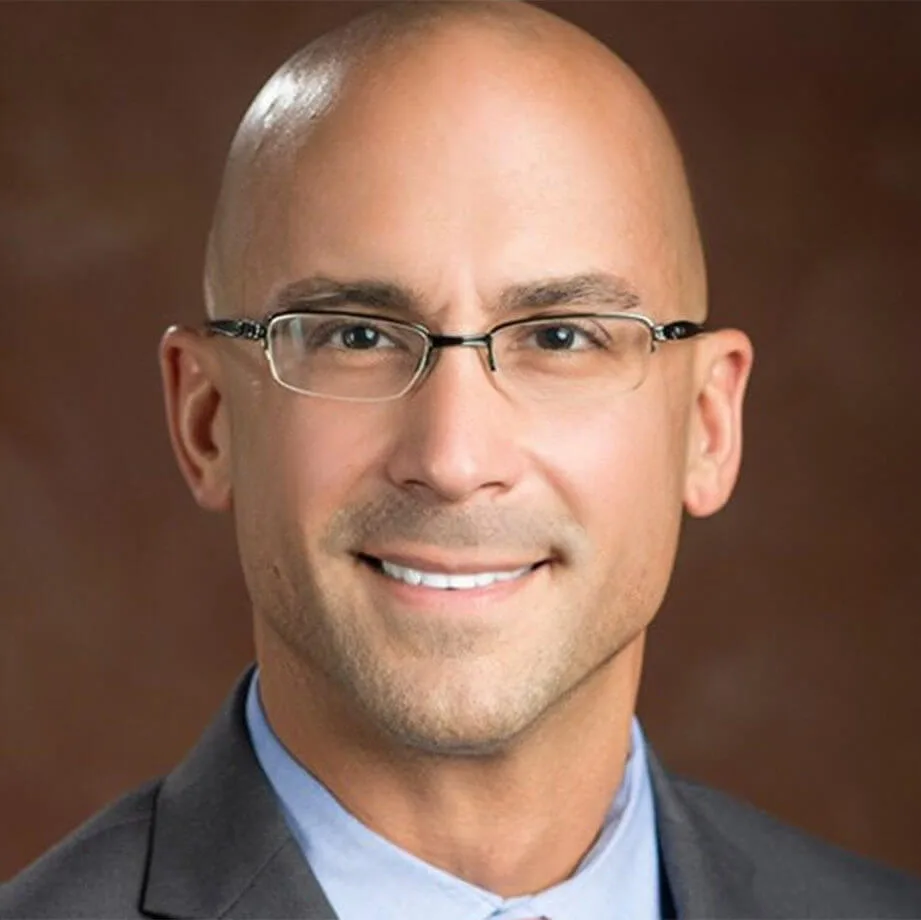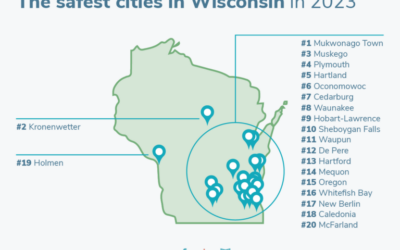
#image_title
Jim Palmer, executive director of the Wisconsin Professional Police Association, says the reform proposal “highlights our desire to help facilitate meaningful action on these issues. And act we must.”
Since the tragic death of George Floyd in May, the topic of police reform has been elevated to the forefront of the public consciousness like never before in our history. Following the recent shooting of Jacob Blake in Kenosha, the national reckoning over policing has become increasingly polarized and intense.
In the eyes of many, it seems, a person must choose between supporting the cause for social justice or supporting law enforcement. A comprehensive series of reform proposals recently unveiled by the Wisconsin Professional Police Association, however, recognizes that these two interests are not mutually exclusive.
As the state’s largest law enforcement group, the WPPA has a long history of working with elected leaders in a bipartisan fashion, and we have successfully demonstrated the all-too-rare ability to engage our critics in order to explore areas of common ground. We do so knowing full well that there will be areas of disagreement, but we don’t allow that fact to deter us from the potential good that can come just from having the conversation.
Entitled “A Blueprint for Change,” the WPPA reform initiative is the product of candid and thoughtful discussions over a period of more than two months with individuals from within the law enforcement community and outside of it, along with lawmakers from both sides of the aisle as well.
The most detailed of its kind by any police group in the country, the WPPA plan outlines proposals that fall into one of four categories, or opportunity areas: Training & Standards, Oversight & Accountability, Community Engagement & Innovation, and Officer Wellness.
Among the “Blueprint” reform proposals are measures to largely ban chokeholds and create grant funding for police body cameras and crisis intervention programs. It also calls for the statewide tracking of officer discipline, whistleblower protections for officers when they report wrongdoing, and other measures to regulate law enforcement licensing and hiring practices.
“A Blueprint for Change” further includes proposals to increase the penalties for rioting, establish new penalties for filing false complaints against officers, and allow people to sue those who unnecessarily call 911 in an effort to use the police to harass someone because of their race.
Along with other substantive measures, the WPPA plan would benefit both the public and law enforcement alike – without compromising the safety of our communities and that of the dedicated officers that serve them. It reflects a genuine interest on the part of law enforcement in Wisconsin to play a leading and proactive role in the public dialogue on these issues. It also underscores our commitment to be a part of the solution to the problems that we collectively face. Perhaps most importantly, it highlights our desire to help facilitate meaningful action on these issues.
And act we must.
If we fail to seize the opportunity to improve the world around us, we should not be surprised when the public reaction to the next controversial police incident is louder and more severe, and when the calls for reform become more radical. Such an atmosphere should be easy to envision, and it would be detrimental to both the public and the police.
According to a recent Gallup poll, a majority of Americans – both Republicans and Democrats – believe that policing needs major changes. That is a very strong indicator that, despite the partisan divisions that exist in America, this may be one important area of agreement.
We must find a way to come together to answer that call to action, respond to the concerns that surround policing, and work to strengthen the relationship between the law enforcement community and communities of color. At the same time, it is imperative that we are thoughtful and deliberate, and careful not to risk public safety and that of the dedicated men and women that police our streets.
In the months ahead, a task force recently announced by Assembly Speaker Robin Vos (R-Rochester)will meet to explore and recommend police reform measures. The same type of outreach and open-mindedness that help make the WPPA’s “Blueprint” proposals possible will be crucial to bring about the kinds of changes needed to lift up our communities, as well as the officers that work tirelessly to keep them safe.
A Blueprint for Change is important not just because it represents the most comprehensive law enforcement initiative of its kind, but because it exemplifies the type of public discourse that we need to have in this country if we are ever to make any progress and effect change that benefits everyone, regardless of their race or their profession.

Multiple deaths in shooting at Abundant Life Christian School in Madison
The suspected shooter, a juvenile, is thought to be among those killed. At least six others have been wounded, as well. NOTE: This is an active...

FBI figures show 15% drop in violent crime in 2024
During the first quarter of 2024, there’s also been a 13% drop in aggravated assault, according to the FBI. Murder and rape both decreased by about...

Celebrate Wisconsinbly: A guide to the state’s weird alcohol laws
Did you know that the average Wisconsinite enjoys 634 drinks per year? That’s nearly 150, or an entire keg, more drinks than the national average....

Wisconsin Democrats propose new gun safety measures on campus
A new bill would allow firearms to be banned campus-wide rather than building by building. Saying current rules don’t go far enough to assure safety...




